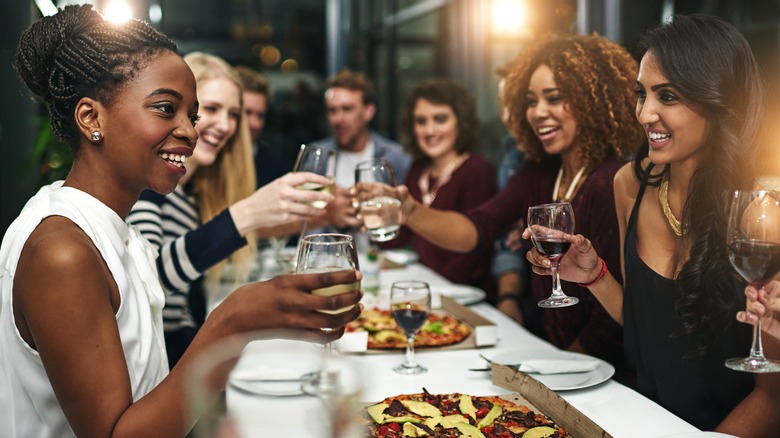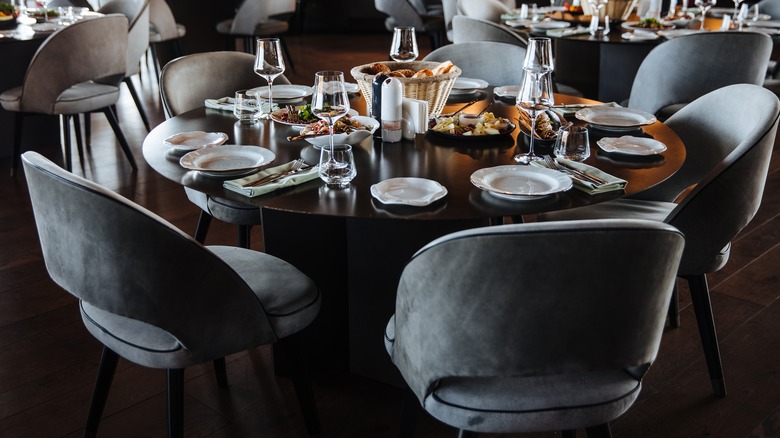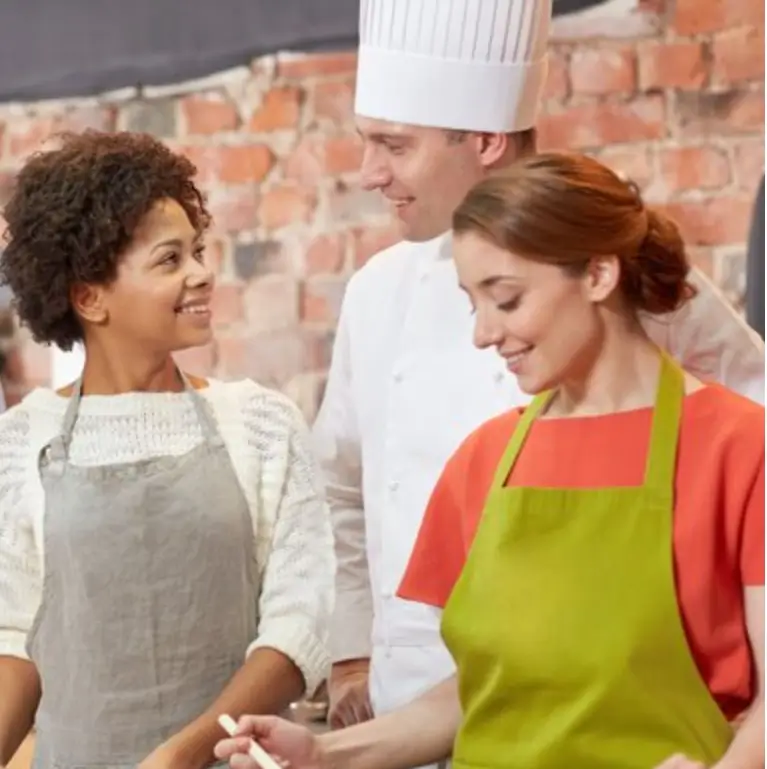In today’s world, dining reservations are an increasing necessity, especially for a night out at a nicer restaurant. And planning a special celebration at a local hot spot is more difficult than ever with reservations getting snapped up at a superhuman pace. It’s a problem that’s only getting worse thanks to the growing trend of reservation scalping.
While scalping itself is an old hustle, scalping reservations is newer to the world of fine dining, and quickly becoming more common and problematic as it is optimized for extreme profit through bot automation. Consider Appointment Trader, a platform where people can trade reservations through an online marketplace. Conceived out of a desire to be able to, “pay for a spot in line,” the app allows users to pay a premium to snag reservations at exclusive restaurants that are typically difficult to book. The app’s algorithm sets a starting price per reservation to be sold to the highest bidder based on each restaurant’s peak popularity. Albeit questionable, diners with the means are buying into this new and more convenient method of securing a reservation.
Frequently, however, these reservations are made by bots to artificially drive up demand and increase the starting price point in a bidding war, effectively pricing out everyday diners who cannot afford the luxury of this virtual concierge. This is made worse when such technology is misused by automated programs to swallow up every reservation with the sole intent of flipping for resale. Favoring the wealthy and tech-savvy, this new shakedown has left other diners puzzled as to how, if at all, it can be circumvented.
Fighting back against bots

In a new frontier of monetizing the mere opportunity to dine at a popular establishment, with such a method being further exploited through the use of unethical bot automation, the temptation to throw in the proverbial towel is strong; however, there is still some room for the human touch to pave the way to a fine dining experience.
For one, many restaurants and reservation apps are putting safeguards in place such as reservation fees, and using confirmation texts or emails, to ensure the person making the reservation is an actual human and the same human who will actually show up to dine. According to OpenTable’s reservation policy, users risk full account suspension for multiple repeat no-shows. Additionally, some restaurants are opting to hold more spots open for in-person walk ups as well as partnering with reputable platforms in order to protect their business as that of their would-be diners. For example, through the members-only app Dorsia, users pay a fee to secure a reservation which then goes towards their restaurant bill when they show up to dine.
As a diner, you have options to help snag that table you’ve been wanting as well. For one, some platforms allow users to set up notifications on reservation platforms to be instantly notified when a coveted spot opens. You could also try sliding into a restaurant’s DMs on Instagram to try and reach a booker that way, or going through your credit card company — just a few examples of the growing number of ways to fight an unfair system by playing alongside of and not directly into it.







